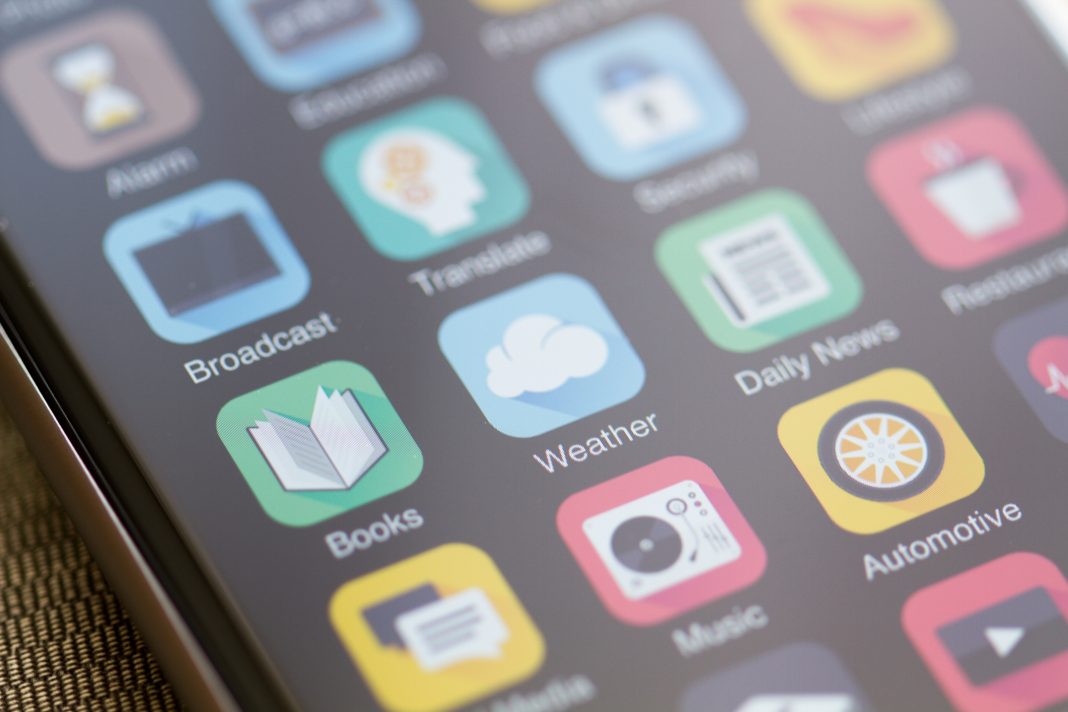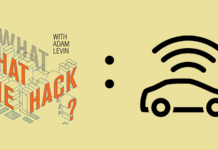January 28 is Data Privacy Day—not exactly a major holiday, but it does provide an important opportunity to address something that’s compromising your privacy on a daily basis: namely, your phone.
With a nod to all the flip-phone activists out there, it’s fair to say smartphones aren’t going anywhere. Few among us pine for the days when wall-anchored phones that couldn’t send photos, call a cab, and watch a clip of Baby Yoda at the same time. The level of convenience ushered in by Android and iOS devices is beyond dispute.
That convenience came at a heavy cost that consumers are only now beginning to appreciate. Take, for instance, the “Brightest Flashlight” app, which ran afoul of the FTC a few years back on account of transmitting intimate levels of user data to advertisers while providing a minimal level of service; i.e. turning on the light of an Android device.
And that’s the most basic example. Mobile apps provide the opportunity to track our day-to-day lives down to the most intimate details, and they often share that data with little to no oversight: dating apps such as Match.com and Tinder have been “caught” collecting and selling data relating to drug use and religious views. Period tracking apps like Maya have been found to upload user data to Facebook including heaviness of menstrual flow, body weight, and sexual activity. Google recently acquired the fitness smartwatch brand FitBit, and with it the access to the sleep, exercise, and eating habits of its users. We might be at a loss as to how this data can be monetized, but rest assured: your data has value and is actively being exploited one app at a time.
What’s the solution? Unfortunately, there isn’t one, at least not yet. Despite the passage of California’s privacy law, we’re still very much living in the Wild West when it comes to user data.
Still, we can mitigate the ongoing privacy catastrophe that is the modern internet by making a quick audit of the apps on our smartphones. Take a look at what you have installed and ask yourself the following questions:
- Does this service actually require an app? If you have access to the same services by connecting via a web browser that you can with an app, stick to the web, preferably via a VPN and in private browsing mode. Most mobile apps are configured to get more user data than would be accessible via a website
- Is the data being accessed by this app worth it? A flashlight app shouldn’t need your physical location. Facebook Messenger shouldn’t need to track the velocity at which you’re traveling. That Scrabble clone doesn’t need to know every contact on your phone. Be circumspect about the kind of access being granted when you install an app on your phone. If there’s any doubt, don’t install it.
- Do I want this information out in the world? Any information shared with an app has the potential to be uploaded, processed and analyzed by any number of third parties. Don’t share anything with an app that you wouldn’t be comfortable having a stranger know about you.
It’s overly optimistic to expect to reclaim your privacy on Data Privacy Day, but you can at least take a few steps in the right direction. Delete any apps you’re not using, and see if there are more privacy-friendly alternatives to some of your more frequently used apps.










